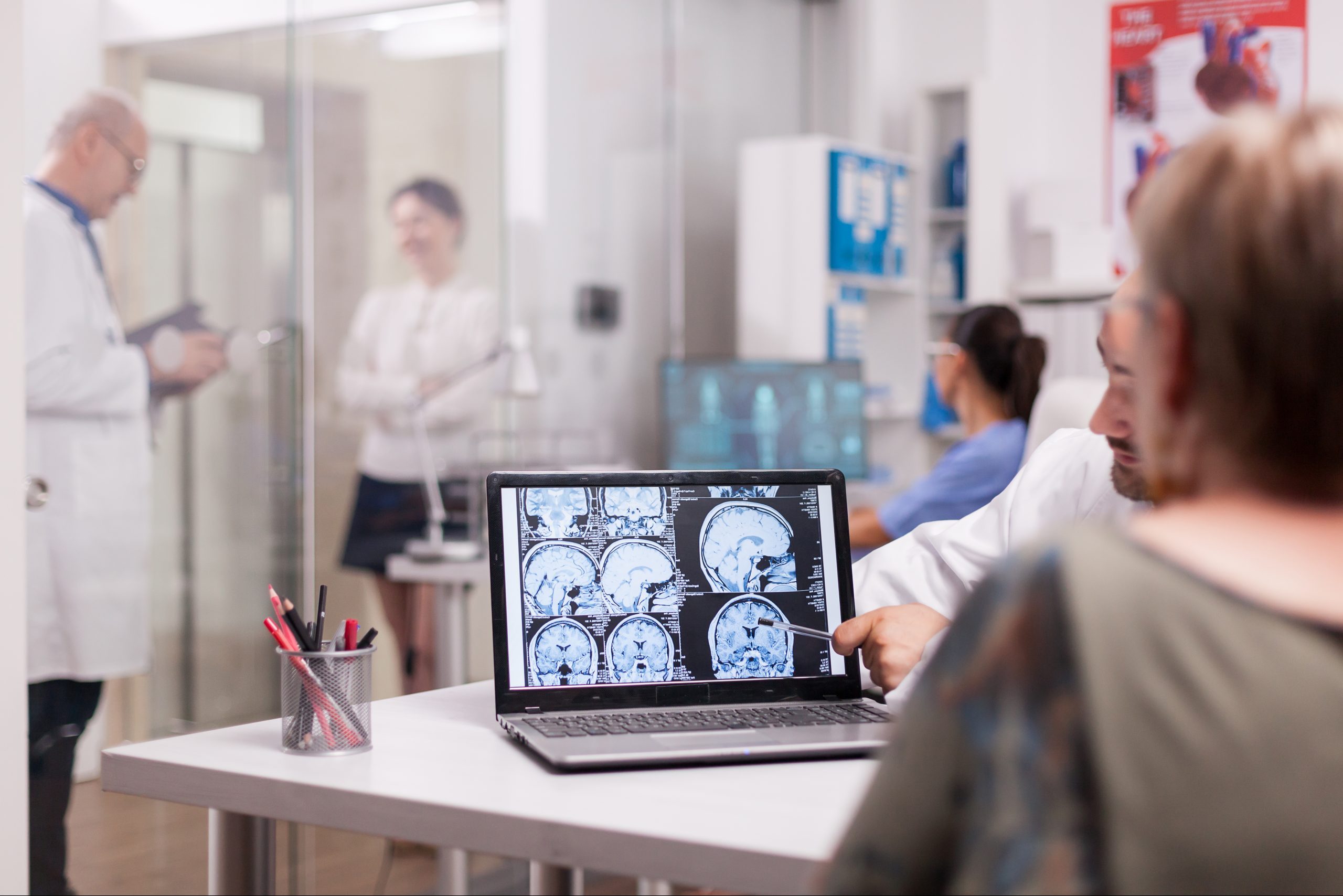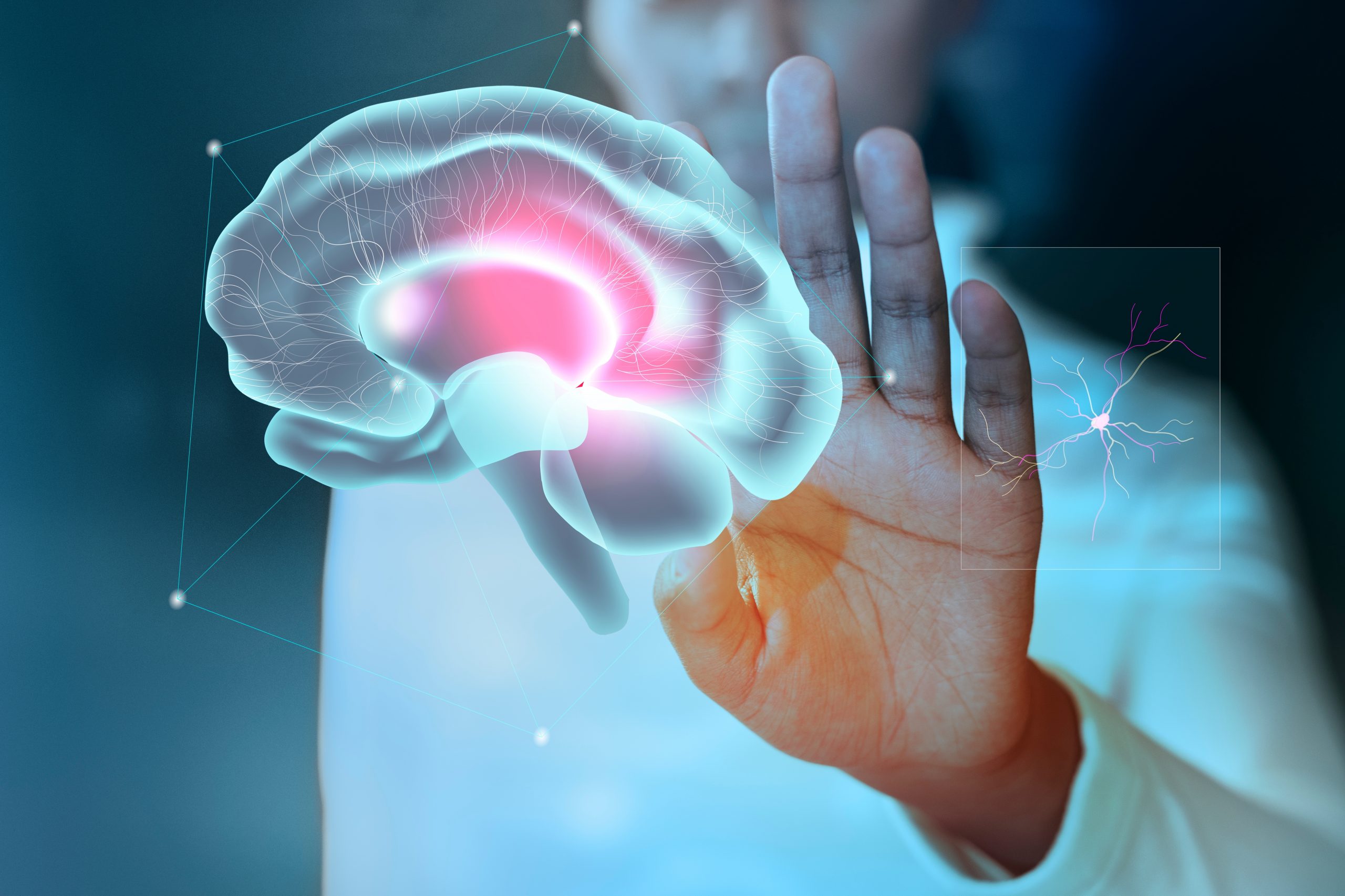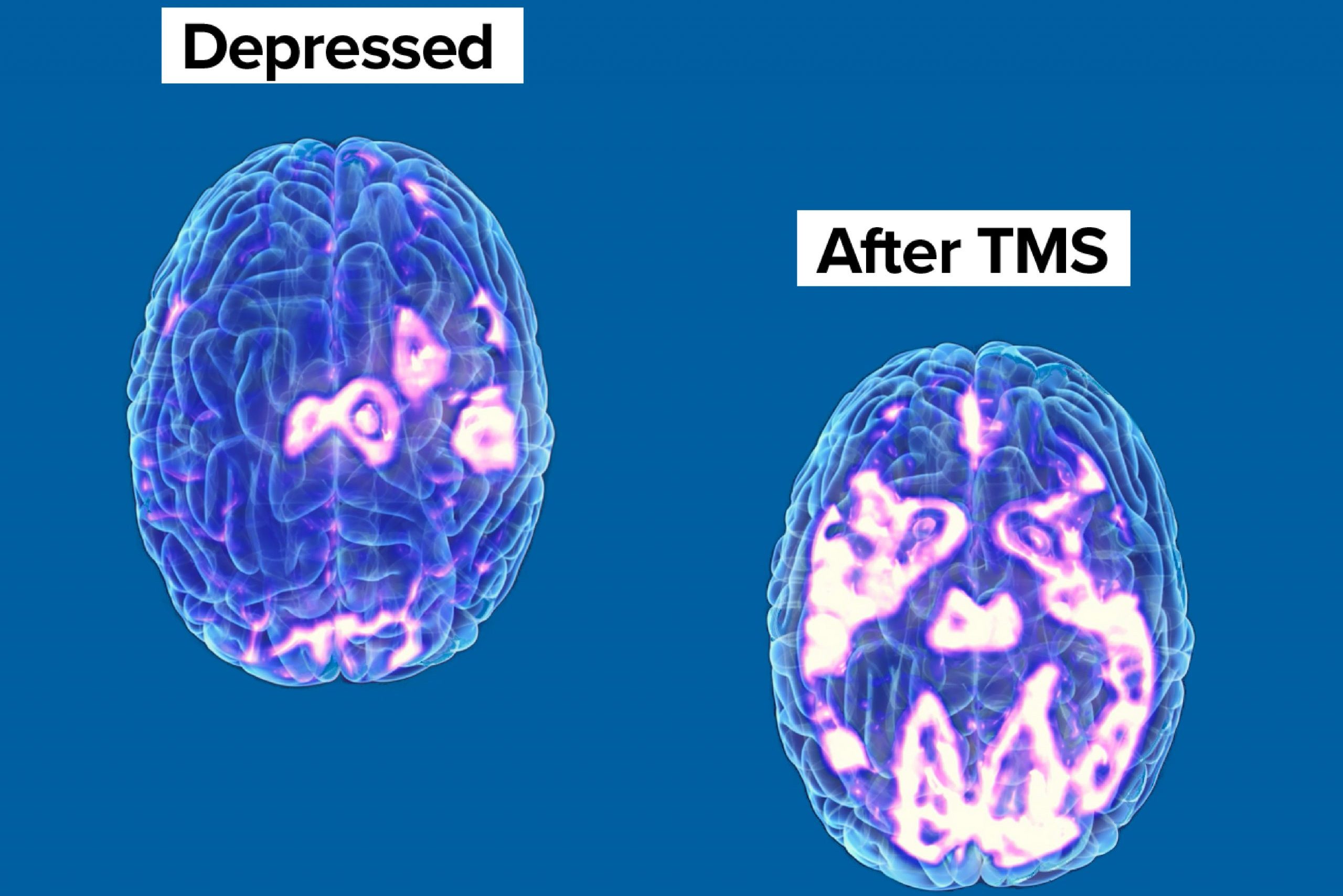Transcranial Magnetic Stimulation, also known as TMS, has emerged in past decades as an impactful…

BENEFITS OF COMBINING NEUROMODULATION AND COGNITIVE/BEHAVIOURAL APPROACHES
Our lives are made up of simple activities that help us thrive, be social, maintain jobs, and make decisions.
Remembering where we put our car keys, making conversations with strangers on the subway, and planning a trip may all seem like simple and straightforward tasks, but they’re made of multiple complicated smaller steps.
But these everyday activities are such an unconscious part of our lives that we sometimes take them for granted.
However, being unable to perform even the smallest step in these simplest of acts could lead to confusion, disorientation, and disorderliness in life.
Causes and Impacts of Functional Impairment
At times, we lose these skills as a result of physical conditions, such as brain injury, stroke, neurological pain-related syndromes, concussions, and neurodegenerative disorders.
On the other hand, these abilities could also be compromised if you’re diagnosed with a mental health condition, such as depression, anxiety, ADHD, etc.
Impaired functioning can also lead to problems with mood, loss of memory, changes in behaviour, difficulty understanding language, and trouble performing daily activities.
Co-occurring mental health issues, such as anxiety, depression, insomnia, apathy, hallucinations, delusions, etc., can worsen the situation.
Physicians can look after underlying physical conditions, whereas behavioural interventions can help look after the associated symptoms.
Mental health professionals can do so by creating customized plans through a detailed investigation.
Treatments Through the Years
When mental health issues were first recognized as diagnosable conditions, some of the initial treatment methods used were extremely invasive. Lobotomies, lesioning procedures, and other neurosurgical interventions were performed on patients of all kinds, regardless of their diagnosis. On the other hand, non-invasive methods, such as hypnosis, were also failing to produce the results that therapists were expecting.
Needless to say, these treatment modalities didn’t stand the test of time.
Decades after mental health professionals abandoned inhumane surgical methods, medications came onto the scene. Medication, until most recently, were considered the best treatments for mental health conditions.
Alongside, psychologists were developing behavioural techniques they could administer in combination with drugs . But human bodies have been known to develop resistance to drugs, rendering them and even psychotherapy ineffective.
In some cases, medication produces severe adverse side effects, inducing intolerable situations.
Something was still missing when it came to giving relief to those diagnosed with mental health conditions.
But therapists around the world are now adding a new arrow to their quivers. This new treatment modality is called neuromodulation, which uses non-invasive methods to stimulate the brain using electrical or magnetic currents.
Electrical Current and Magnetic Pulses as Treatment
Developed over a number of years, these methods have proven to be groundbreaking for those living with mental health issues.
At HeadworX, we employ these new-age remedies that address both neurophysical issues and mental health conditions, such as anxiety, treatment-resistant depression, migraine, stuttering, ADHD, etc.
Transcranial direct current stimulation (tDCS)
The brain has 100 million nerve cells, which are also called neurons. They’re networkers that make multiple connections with one another via synapses. Our brains have about 100 trillion of these connections that use brain-generated electrical impulses to communicate.
The brain loses its plasticity — ability to form new connections and retain old ones — as we age. Sometimes, this loss is accelerated because of trauma, injury, or a neurodegenerative disease, such as Alzheimer’s, Parkinson’s, or dementia.
Research has shown that a quick, short zap, under specialist supervision, may be helpful in boosting performance and improving brain activity for those that live with mental health conditions.
Transcranial direct current stimulation (tDCS) uses electrical current directed to specific parts of the brain to jump-start it. This method boosts the brains’ plasticity, making it more malleable and better able to learn.
It’s a non-invasive, painless method that can regulate brain activity. Scientific interest in tDCS has slowly amped up in recent years as more and more evidence is gathered about its efficacy for a variety of ailments.
What to Expect with tDCS
The tDCS machine delivers a direct current through the electrode band placed on the client’s scalp, creating a flow of electrical current in the brain. A session can last up to 20 minutes each time. However, all you would feel through this time is a bit of tingling in your scalp.
After receiving the tDCS current, people report feeling clear headed, attentive, and alert, making them better able to understand and follow psychotherapeutic guidance.
Transcranial magnetic stimulation (TMS)
A second non-invasive, painless method used at HeadworX to directly stimulate brain areas involved in mood control and depression. TMS uses magnetic pulses to energize the central nervous system, specifically to areas of the brain that we know are involved in depression. Rapidly changing magnetic pulses cause neurons to change their firing pattern. These alterations are what scientists think contribute toward improvement in symptoms.
What to Expect with TMS
This safe form of therapy is often used for treatment-resistant depression to reduce symptoms and improve quality of life.
TMS sessions can be given on an outpatient basis. You can drive yourself back home after the treatment — unless, you prefer a ride until you get a sense of how the sessions go for you.
Before you sign up for TMS, talk to our experts about your medical and mental health history to determine if this is the best option for you. Our specialists conduct detailed assessments to that also outline what to expect when you receive TMS.
The HeadworX Advantage
At HeadworX, our licenced and experienced clinicians with extensive experience in cognitive and behavioural assessment techniques excel at creating customized neuro-rehab interventions.
Both tDCS and TMS are techniques that help regulate the brain’s patterns and activities. However, these modalities need to be combined with psychotherapy for comprehensive care for people living with anxiety, ADHD, depression, or another mental health condition.
That’s why our specialists combine tDCS and TMS with cognitive behavioural therapy that can be delivered in person or virtually. Psychotherapy blended with TMS or tDCS produces long-lasting effects that give you back control of your life.
HeadworX specialists work with clients to determine the best-tailored treatment plans that create a path to a better quality of life.



